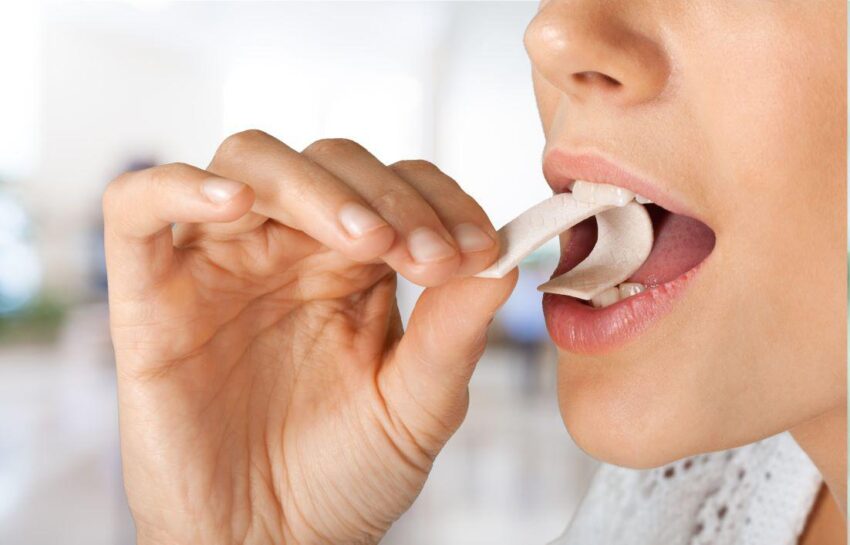Being arrested for driving under the influence (DUI) is a serious offense with long-term consequences. One of the most common questions people have after a DUI conviction is how long it stays on their record—and whether there’s anything they can do to remove it.
How Long Does a DUI Stay on Your Record?
In California and many other states, a DUI can stay on your criminal record permanently unless it is expunged. However, for most practical purposes, such as insurance or DMV penalties, the effects of a DUI don’t last forever.
For DMV purposes, a DUI will typically stay on your driving record for 10 years. During this time, it can affect your insurance rates, license status, and whether you’re considered a repeat offender if you’re charged with another DUI.
From a criminal sentencing perspective, a DUI counts as a prior offense for 10 years in California. This means if you get another DUI within 10 years, the penalties increase significantly.
Impact on Your Life
A DUI on your record can impact:
- Employment: Certain jobs may require a clean driving or criminal record.
- Insurance: Your auto insurance premiums may skyrocket or you could even lose coverage.
- Housing: Some landlords perform background checks, and a DUI may influence their decision.
- Travel: Some countries may deny entry to individuals with a criminal conviction.
Can a DUI Be Cleared from Your Record?
In many cases, yes, a DUI can be expunged, which means it’s removed from your public criminal record. This doesn’t erase the DUI entirely—it still counts for DMV and repeat offense purposes—but it can improve your ability to get jobs, housing, or loans.
To be eligible for expungement in California:
- You must have completed probation (usually 3–5 years).
- You must not have served time in state prison for the DUI.
- You must not have any new criminal charges pending.
Once these conditions are met, you can petition the court for expungement. If granted, the conviction is officially dismissed. This means that when filling out most job applications, you can legally say you have not been convicted of a crime.
However, the process is not automatic or guaranteed, and mistakes in filing can lead to delays or denials. That’s why it’s best to consult with an experienced DUI attorney who understands the expungement process thoroughly.
For those looking to explore their options or clear a DUI from their record, The Law Offices of Hart Levin specializes in DUI defense and post-conviction relief, and they can guide you through every step of the process.
Final Thoughts
While a DUI may stay on your record for years, it doesn’t have to follow you forever. Understanding how long it impacts different parts of your life—and knowing your legal options for clearing it—can help you move forward with confidence. If you’re ready to clean up your record, professional legal help can make a real difference.
…











